Covid restrictions, the advent of remote working in Spain, a new visa for digital nomads and improving internet connections are all currently contributing to making rural Spain a sought-after destination for people around the world.
As a result, a number of popular news sites and media outlets in the UK and US have published articles listing the Spanish villages that are allegedly now paying people to move there in a bid to solve their depopulation problems.
As The Local Spain has been covering all the latest developments for remote workers in Spain in 2021, the promises of endless offers of free accommodation, work and in some cases money didn’t seem to add up.
So we decided to get on the phone to the ayuntamientos (town halls) of each of the villages listed in these international media outlets to find out if it was true. Some of their answers painted a very different picture from what was being suggested in the local and foreign press.
Ponga, Asturias
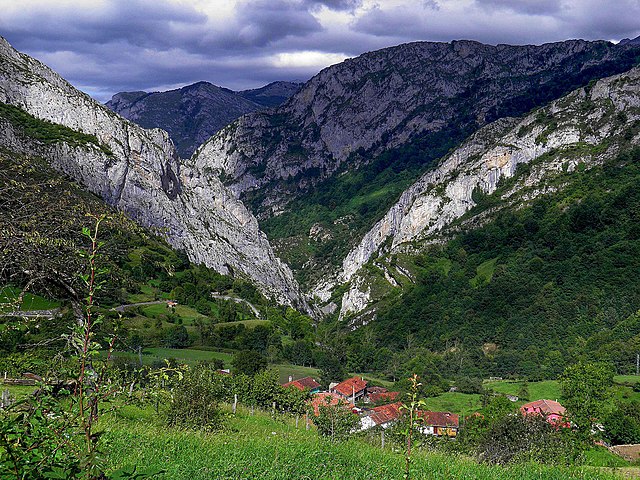
Reports from across the world have suggested that the village of Ponga in Asturias (northern Spain) is giving couples or families €3,000 to help them settle in, and a further €3,000 for each baby born in the village.
When The Local Spain spoke to a representative from the town hall however, they stated that “the offer hasn’t been available since 2007 and we can’t understand why it’s making headlines again”.
Unfortunately for Ponga, the scheme didn’t work out as planned as there weren’t enough jobs available for the additional families, so many had to pack up and leave.
Rubia, Galicia
Several articles have recently reported that the municipality of Rubia in the Galician province of Ourense (also northern Spain) will supplement new residents’ income by an extra €100-150 per month.
When The Local Spain called Rubia Town Hall, village authorities said that what was being reported in international media “is simply not true”.
Griegos, Aragón
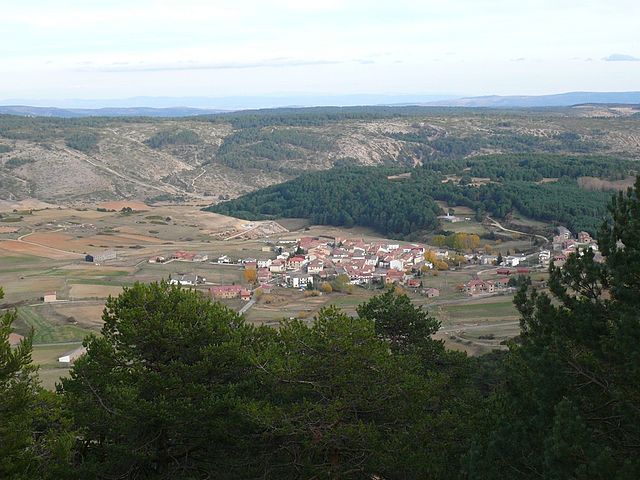
Another village that is reportedly trying to attract new residents with incentives is Griegos in Aragón’s Teruel province (northeast Spain).
Reports stated that Griegos Town Hall would offer three months rent-free to any families willing to move there.
While this was true at one point, a spokesperson from the village of 150 people told The Local Spain that “we have already found families to fill our quota and are no longer offering this incentive”.
A Xesta, Galicia
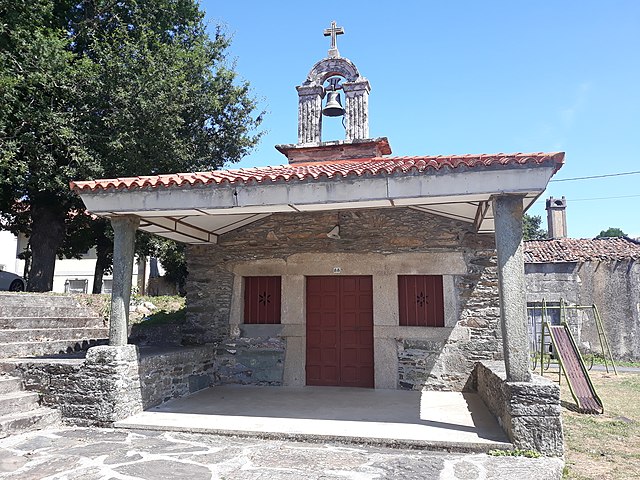
Other media reports wrote that another Galician village, this time in the municipality of Pontevedra, was trying to attract new residents by offering them reduced rentals from just €100 per month.
The Local Spain tried to reach out for comment from authorities in the hamlet but received no answer.
It also proved impossible to contact authorities in Olmeda de la Cuesta, in the central Spanish province of Cuenca, with reports saying the village has several plots of land for sale for as little as €200 to try and attract people to come and build houses there.

Camarena de la Sierra
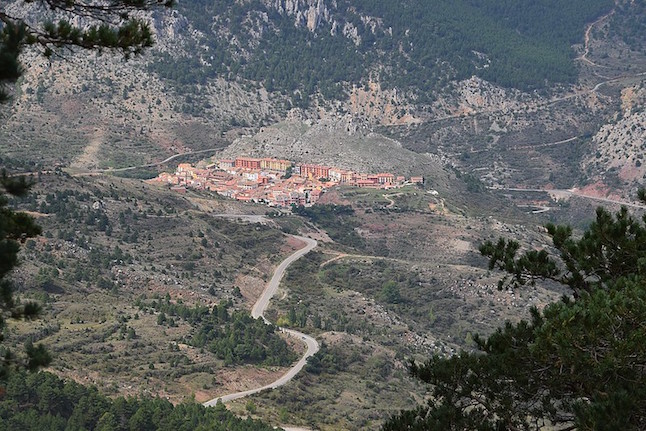
Finally, it was recently reported in the Spanish press that the village of Camarena de la Sierra, also in Aragón (in northeast Spain) is offering new residents job offers and help with accommodation.
When The Local called for clarification, local authorities confirmed “this scheme does indeed exist, but places are limited”.
“There is for example an empty bakery with an attached house that someone could move into,” a spokesperson said.
“Each application would be assessed on a case-by-case basis depending on the skills each person has and what they could bring to the village.”
Conclusion
Offers like the ones listed above quickly go viral and as a result end up outdated after very little time, so it may be best for you to do your own research and contact the actual villages if you are indeed interested in a particular place.
If possible, try to call the village ayuntamiento in question to find out the exact conditions or if the offer is still valid.
There’s also nothing stopping you from pitching to authorities in any village in rural Spain (not just those promoting themselves) a service you can offer in return for lower rent or a free home. It could be English lessons at the local school or setting up a business in their pueblo (village).
Alternatively, there are several Spanish villages that we can confirm are trying to attract remote workers to live there due to their dwindling populations, but they won’t necessarily pay you to move there.
FIND OUT MORE: The Spanish villages that want remote workers
A total of 30 towns and villages across Spain have joined the Red Nacional de Pueblos Acogedores or the National Network of Welcoming Villages, meaning that the places listed on their website are regularly updated with the latest information and thus are actively looking for remote workers when you carry out your search.
Before you think about moving to any of these villages, you should also be aware that life in rural Spain has its challenges.
Villages are often underpopulated and those that remain tend to be older, in some places there are increasingly fewer services such as banks, and speaking Spanish is a must.
Read here to find out more about about the pros and cons of moving to a small village in rural Spain.
READ ALSO:

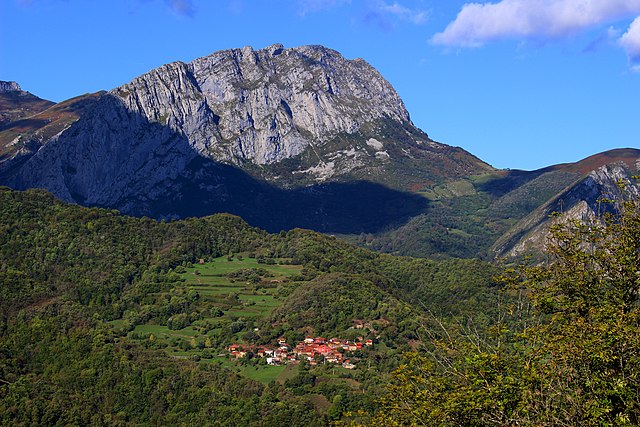

 Please whitelist us to continue reading.
Please whitelist us to continue reading.
Member comments